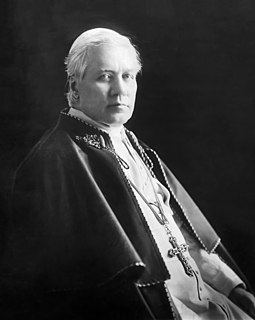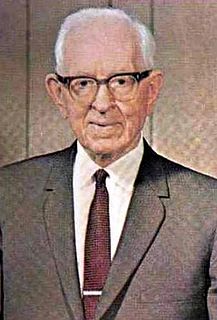A Quote by Michael Emerson
Scripture is vast, and people can pick and choose what they emphasize, and so for hundreds of years verses that said that you are to welcome the stranger, that with Christ there's neither Jew nor Greek, male nor female, we've broken down the dividing wall with the original church, where Christians were first called Christian was the church of Antioch in which for the first time you had Jews, Gentiles of all different ethnicities come together as one people. That's when they were called Christians.
Quote Topics
Antioch
Broken
Broken Down
Choose
Christ
Christian
Christians
Church
Come
Different
Dividing
Down
Emphasize
Female
First
First Time
Gentiles
Greek
Had
Hundreds
Jew
Jews
Male
Neither
Nor
Original
People
Pick
Pick And Choose
Said
Scripture
Stranger
Time
Together
Together As One
Vast
Verses
Wall
Welcome
Were
Which
Years
Related Quotes
Isn't it interesting that in Acts 11, at the end of verse 26, it says, "The disciples were called Christians first at Antioch." What I find interesting is the simple thought that the Christians didn't name themselves. But rather, they were called (or named) "Christians" by those watching their lives. I wonder if it would be the same today. Could someone look at your life or look at my life and name me a Christian? A humbling thought for sure.
For him who is perfect in love and has reached the summit of dispassion there is no difference between his own or another's, or between Christians and unbelievers, or between slave and free, or between male and female. But because he has risen above the tyranny of the passions and has fixed his attention on the single nature of man, he looks on all in the same way and shows the same disposition to all. For in him there is neither Greek nor Jew, male nor female, bond not free, but Christ who 'is all, and in all' (Col. 3:11; cf. Gal. 3:28).
In the old days, it was not called the Holiday Season; the Christians called it "Christmas" and went to church; the Jews called it "Hanukka" and went to synagogue; the atheists went to parties and drank. People passing each other on the street would say "Merry Christmas!" or "Happy Hanukka!" or (to the atheists) "Look out for the wall!"
So these are the kind of things that now when people are trying to move towards multiracial congregations that they're stressing. They're talking about these scriptures that say we ought to come together, and that at Pentecost, when that the Holy Spirit is said to have come upon the first Christians, they were given the ability to speak in different languages, and so that no matter who the people were, they could all worship together.
The trouble with Christianity was that by about 150, there were hardly any Jews left in the Christian church, and so from that time until the last part of the twentieth century, the only people reading the gospels and interpreting the gospels and writing commentaries on the gospels were gentiles who were simply ignorant of the Jewish background, and I just thought they were prejudiced.
The short interregnum of civil society built on the ruins of the Bastille came to its end with the establishment of the Jews as the new Priestly caste. The alternative Church of our society, the Jews, survived in abeyance for hundreds of years. As long as the Christian Church attended to the discourse, the Jews plainly had no chance to compete; but when its power was broken by liberty-seekers, the alternative arrangement came forward.
...the great movement of apostasy being organized in every country for the establishment of a One-World Church which shall have neither dogmas, nor hierarchy, neither discipline for the mind, nor curb for the passions, and which, under the pretext of freedom and human dignity, would bring back to the world (if such a Church could overcome) the reign of legalized cunning and force, and the oppression of the weak, and of all those who toil and suffer. [...] Indeed, the true friends of the people are neither revolutionaries, nor innovators: they are traditionalists.
I know few Christians so convinced of the splendor of the rooms in their Father's house, as to be happier when their friends are called to those mansions... Nor has the Church's ardent "desire to depart, and be with Christ," ever cured it of the singular habit of putting on mourning for every person summoned to such departure.
Thoughtful men, with hearts craving the truth, have come to seek in the Catholic Church the road which leads with surety to eternal life. They have understood that they could not cleave to Jesus Christ as the Head of the Church if they did not belong to the Body of Jesus Christ which is the Church. Nor could they ever hope to possess in all its purity the faith of Jesus Christ if they were to reject its legitimate teaching authority entrusted to Peter and his successors.
The "establishment of religion" clause of the First Amendment means at least this: Neither a state nor the Federal Government can set up a church. Neither can pass laws which aid one religion, aid all religions, or prefer one religion over another. Neither can force nor influence a person to go to or to remain away from church against his will or force him to profess a belief or disbelief in any religion.



































